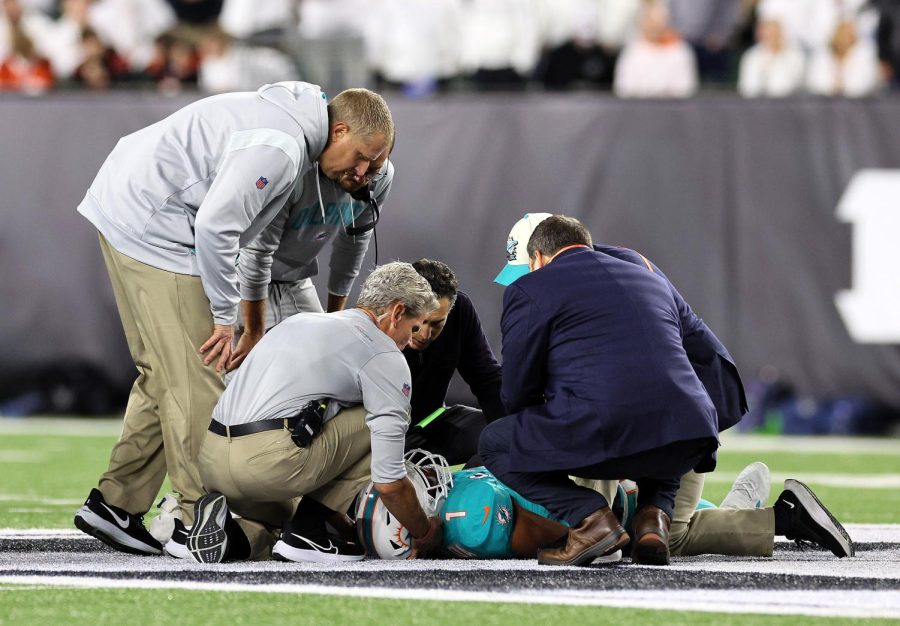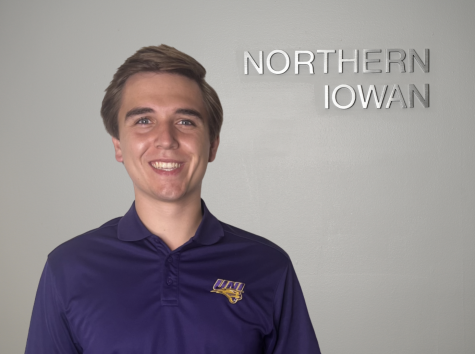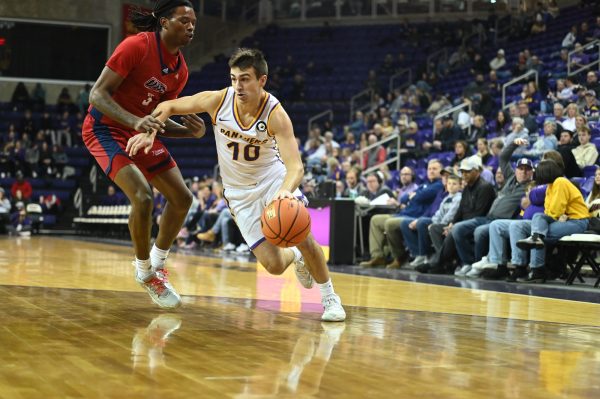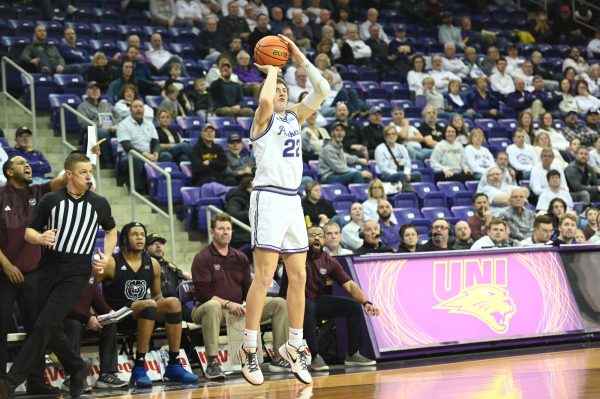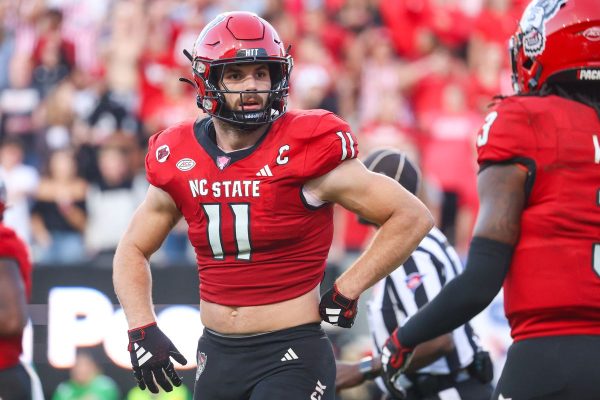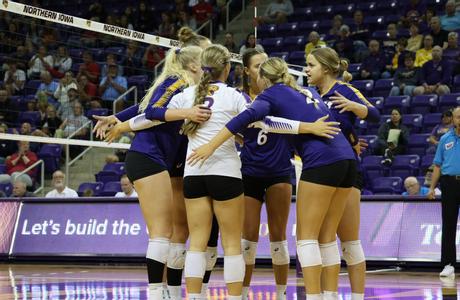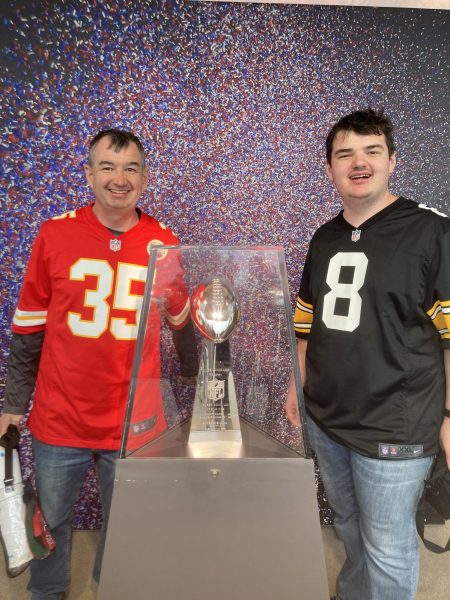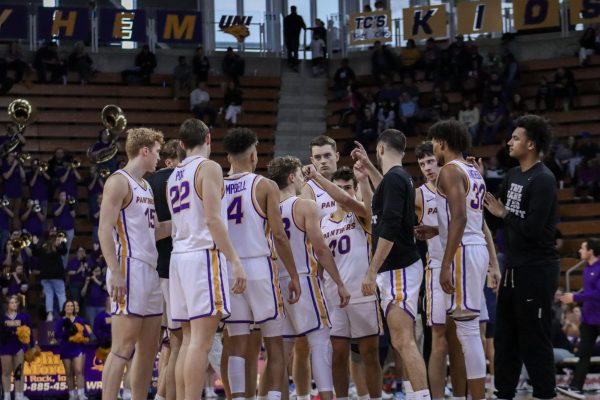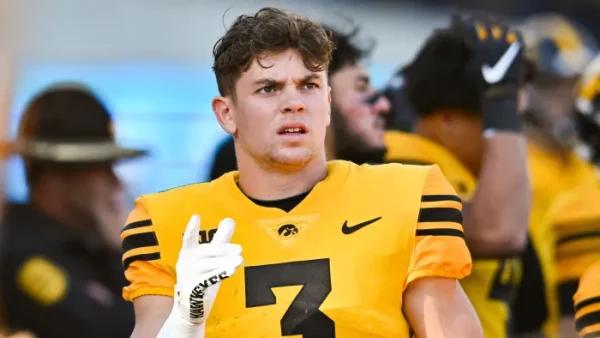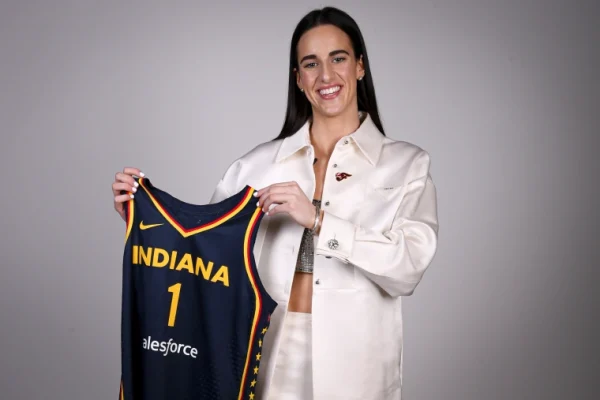Dear NFL: wake up and protect your players
Tua Tagovailoa is checked out by doctors after receiving a concussion during Miami’s game against Cincinnati on Thursday.
Oct 2, 2022
Anyone who watched Thursday’s primetime matchup between the Miami Dolphins and Cincinnati Bengals witnessed an utter failure in every safeguard the National Football League supposedly has in place to protect its players from concussions. During Miami’s win over the Buffalo Bills on Sunday, Sept. 25, Dolphins quarterback Tua Tagovailoa took a bad hit. When he got up, he was clutching his head and struggling to keep his balance, at one point actually falling down and having to be helped back up. At first, the right thing happened, and he was removed from the game. However, the training staff claimed it was a back issue, not a concussion, and put him back in for the second half.
Fast forward just four days to Thursday Night Football, and despite suffering what many believed was a concussion earlier that week, Tagovailoa was back out there. Tagovailoa again took a bad hit, being slammed on the back of his head. In a disturbing sight, Tagovailoa locked up and was lying on the ground motionless before being stretchered off of the field and brought straight to the hospital. Fortunately, he was released the same night, but this is indicative of a bigger problem.
Chris Nowinski, Ph.D., a former football player at Harvard as well as a professional wrestler in the WWE, retired from wrestling after multiple concussions gave him permanent post-concussion syndrome. Nowinski is now the co-founder and CEO of the Concussion Legacy Foundation. His organization works to educate people in contact sports as well as the military about the severity and seriousness of concussions.
“This is a disaster,” Nowinski said via Twitter. “Pray for Tua. Fire the medical staff and coaches. I predicted this and I hate that I am right. Two concussions in five days can kill someone. This can end careers. How are we so stupid in 2022?”
This situation is also personal to me. When I played football, I suffered two concussions. My first, when I was in eighth grade, ended my season after just two games. The second, occurring during my sophomore season, effectively ended my career. Fortunately, I was able to continue playing long snapper, a position where I couldn’t be hit, but I would never play as I had before again.
It goes beyond just missing playing time. When I had my concussions, I turned into a different person. I was rude and would have constant, drastic mood swings. Simple decisions would cause me major anxiety. Of course, there are also concerns of chronic traumatic encephalopathy (CTE). As more research goes into CTE and the deaths related to the progressive brain condition, the more people see that they have to take concussions seriously.
However, my point in writing this isn’t that we should stop playing football. On the contrary, I want people to continue being able to play. I just want it to be done in a safe way, with concussions being taken seriously. This sadly isn’t always the case.
“He didn’t have anything more serious than a concussion,” Dolphins head coach Mike McDaniel said after the game. This single quote is indicative of the much bigger issue. A concussion is a traumatic brain injury. A concussion isn’t a “that could’ve been bad” type of injury. It is one of the most serious injuries related to football, as well as other contact sports, and needs to be treated as such.
Tagovailoa was failed on a deep level by the protections that are supposed to be in place to protect players from themselves and their desire to succeed and perform. Relying on players to self report concussive symptoms isn’t good enough. The NFL needs to take a good, long look at itself and its policies, and see what needs to happen to ensure this doesn’t happen again.

